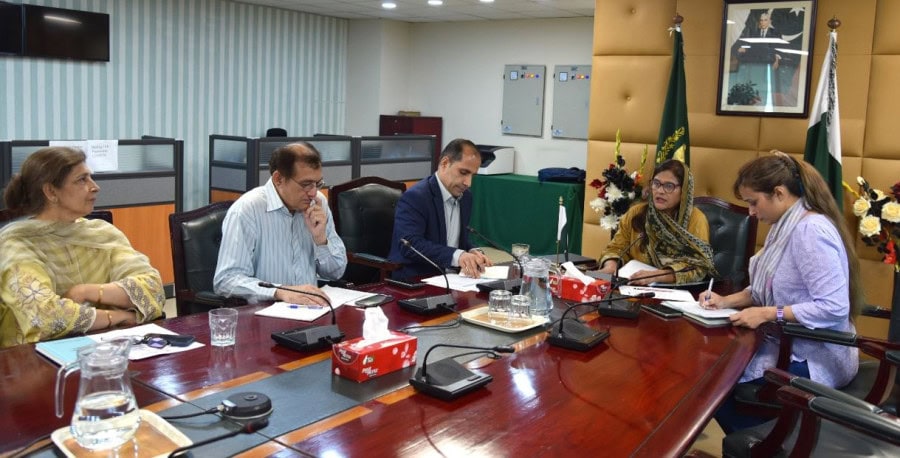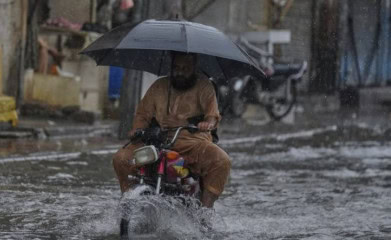ISLAMABAD – As Pakistan braces for intense monsoon rains, World Health Organization (WHO), in collaboration with the Government of Pakistan and health sector partners, launched an emergency preparedness plan to assist 1.3 million vulnerable individuals across 33 high-risk districts.
The initiative, part of the Monsoon Contingency Plan 2025, was finalized during a meeting of the Health Sector Coordination Forum held in Islamabad and chaired by Director General Health Dr. Shabana Saleem. The forum, co-led by WHO, focused on ensuring that essential health services remain uninterrupted during potential flood-related emergencies.
The 33 targeted districts include 10 each in Punjab and Sindh, 9 in Balochistan, and 4 in Khyber Pakhtunkhwa. The plan prioritizes assistance for children under five, pregnant and breastfeeding women, elderly people, persons with disabilities, internally displaced populations, and underserved communities in flood-prone areas.
Key interventions include
-
Prepositioning of emergency medical supplies
-
Enhanced disease surveillance and outbreak response
-
WASH (Water, Sanitation, and Hygiene) improvements in health facilities
-
Healthcare delivery through mobile units, outreach teams, and telemedicine
“WHO is working hand-in-hand with Pakistan to ensure rapid response capacity and protect essential health services,” said Dr. Dapeng Luo, WHO Representative in Pakistan. “In the face of climate change and increasing natural disasters, timely preparation is critical—especially for the most vulnerable.”
According to the Global Climate Risk Index 2021, Pakistan ranks as the 8th most affected country by extreme weather events between 2000 and 2019. Monsoon floods, in particular, have had devastating consequences, including the catastrophic 2022 floods that impacted over 33 million people and damaged more than 2,000 health facilities.
Meanwhile, the Pakistan Meteorological Department (PMD) and the National Disaster Management Authority (NDMA) have issued flood warnings due to expected heavy rainfall from 7 to 9 July. Since the start of the monsoon season on 26 June, 79 fatalities and 140 injuries have already been reported nationwide.
Authorities and humanitarian agencies emphasize that coordinated planning and early action are crucial in reducing loss of life and maintaining health system resilience during recurring climate-induced emergencies.



















